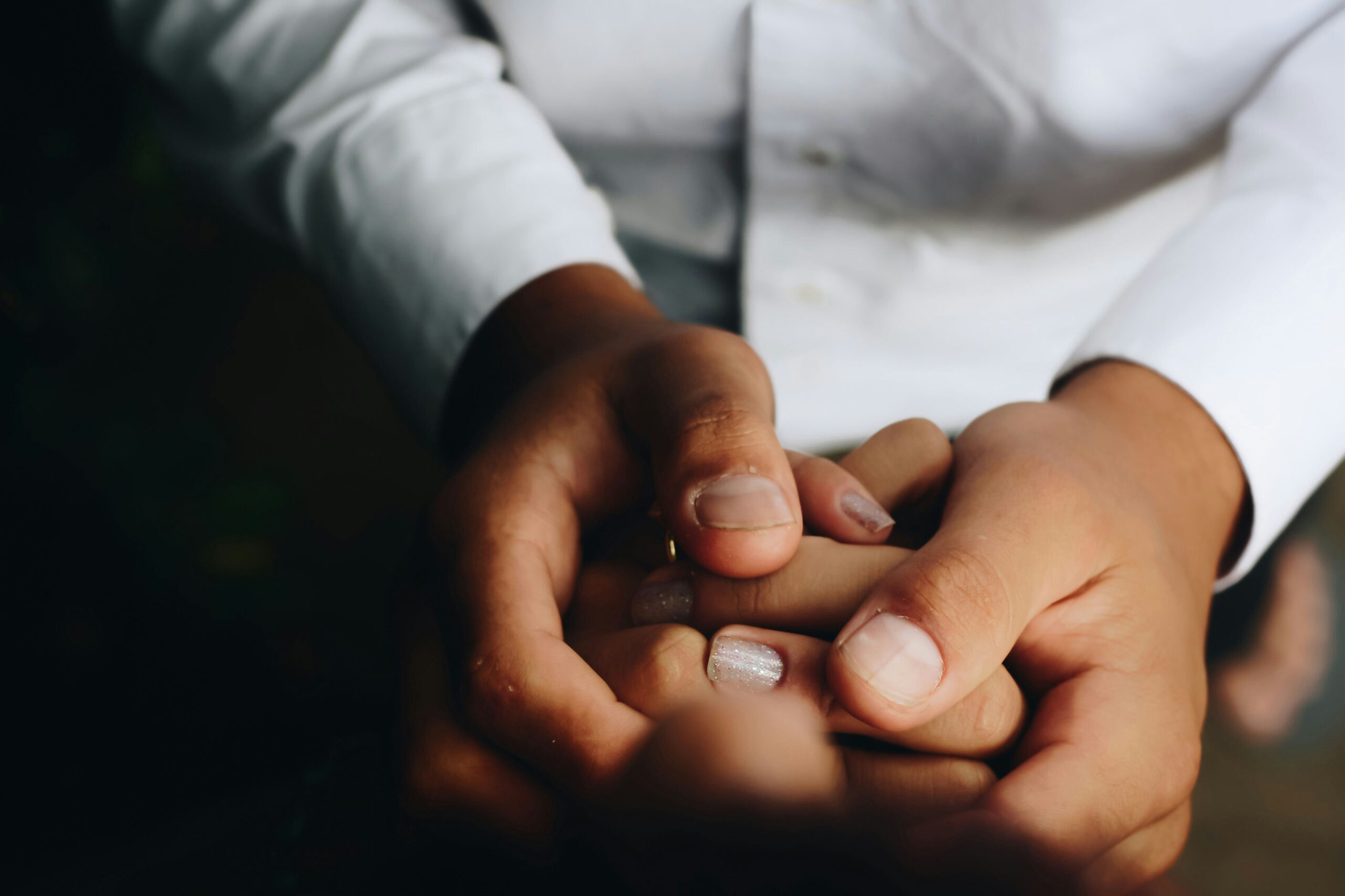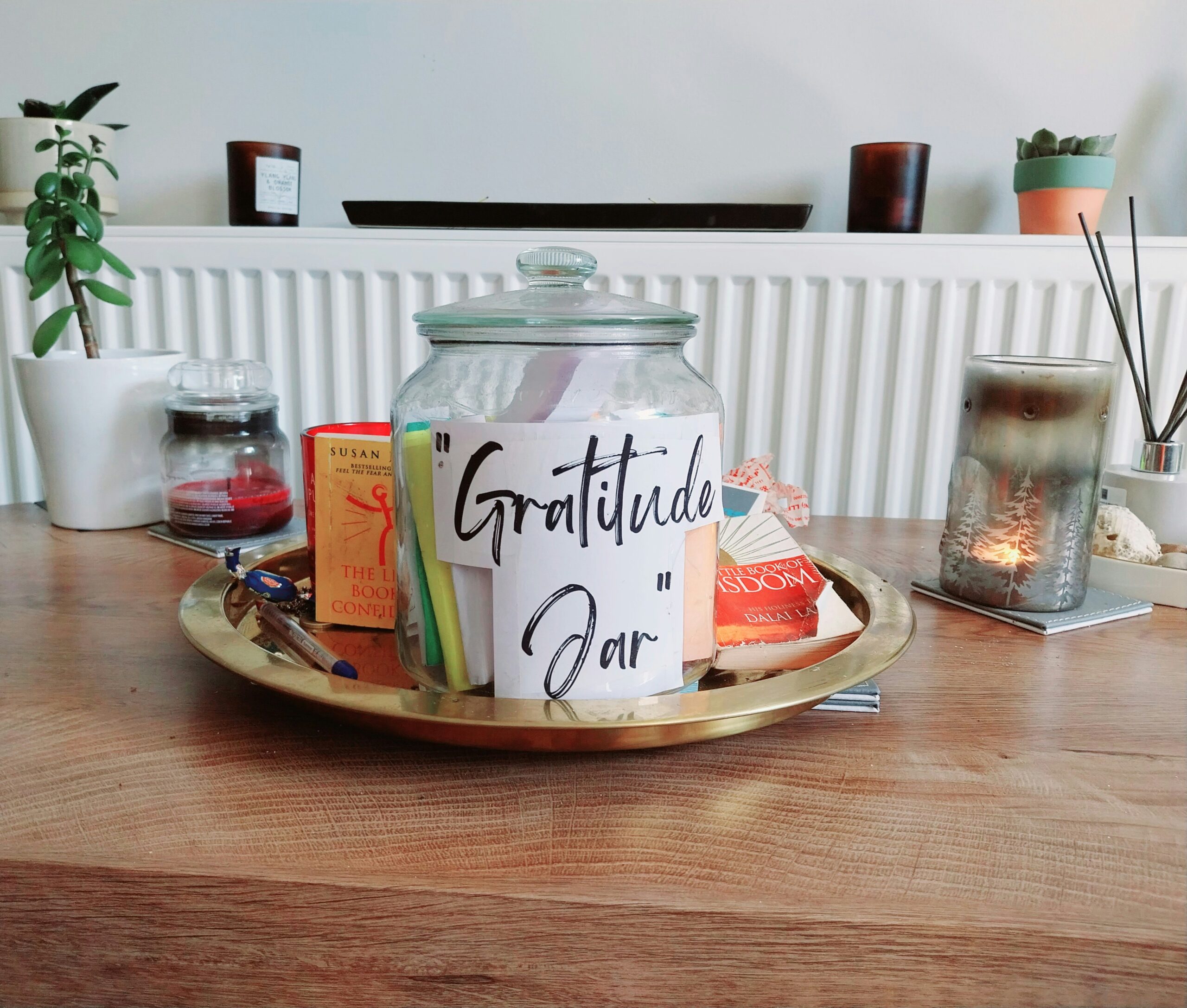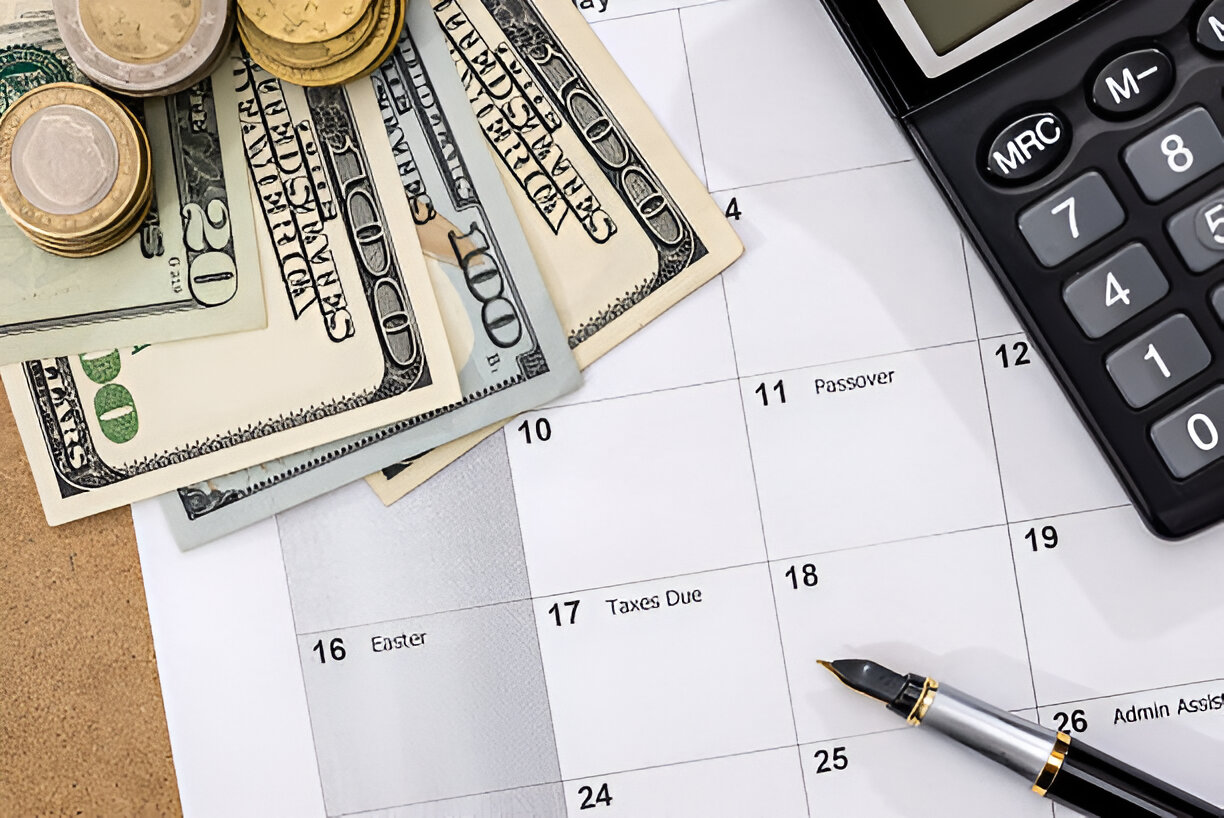

When Susan was married, she didn’t give a thought to finances; her husband handled them. It wasn’t until the day she got divorced, with $400 in her account, that she realized she had to start paying some attention.
For Clare, devotion to a music career has its drawbacks. She drives a rusted ’92 Toyota missing a door handle and hasn’t been to the dentist in six years. Still, part of her feels afraid of what having money might do to her. She’d rather stay broke if it means staying true to who she is.
Like a bad-news boyfriend, the fun of spending got Elaine into trouble — $30,000 worth of it. So she broke up with her money, declaring bankruptcy at 26. She’s learning to trust herself again, a little at a time.
Money is many things to many people. For some, it beckons and entices; others find it dour and forbidding. Whatever the relationship, that rapport directly affects our ability to attract, spend, and hang on to what we have.
“Whether there’s $10,000 in our account or $10 million, we follow the same behavioral patterns,” says New York Times personal finance columnist MP Dunleavey, author of ”
Money Can Buy Happiness
.” Changing our approach to money, she says, comes when we’re able to take an honest look at the inner workings of our personal financial connections.
So how have you been treating your money lately — and how has it been treating you? Maybe you feel inferior to it, or don’t take it seriously. Maybe it bullies you around or seems to skip town when you need it most. On the following pages, we analyze some of the most common roles money plays in people’s lives. You may recognize yourself in a few of the stories — and that’s a good thing.
The more aware you are of how you and your money interact, the easier it will be to curb bad habits, let go of self-sabotaging myths, and improve your sense of security and worth. Pair that with our experts’ valuable tips and tricks, and you’ll be well on your way to taking that partnership from shaky or tense terrain back onto solid ground.
Look at Your Money Biography
What does your financial profile say about you? Susan McCarthy uses this exercise to help people get a clearer picture. Imagine that the only way people could know you is through your money: your bank and credit card statements, checkbook, and trails of receipts, as well as the messages you put out into the world about money.
What do you spend, and how? Are you always complaining about money, or acting ashamed of it? What kinds of lessons do you teach your children about money and how to use it? Ask yourself if the person reflected back at you through your dealings with money aligns with how you see yourself and how you want to be seen.
Make Friends with Your Finances
Building a healthier relationship with your money starts with how you treat it. “Every relationship has its own specific needs,” says Dunleavey. “You have to figure out what your money needs from you before you can get what you need from it.”
Think of one of your dearest relationships and quickly jot down five statements that describe the way you treat that person — for example, “I worry about her,” “I make him laugh,” or “I’m there when she needs me.” Now write down five statements that describe the way you treat your money. Do you worry about it? Guard it possessively? Enjoy it? This exercise can give you some insight into how to make money your ally, instead of your enemy.
Examine Your Instincts
Can you name your knee-jerk tendencies when it comes to money? If you’re not sure, says McCarthy, take the windfall test. If some money were to come into your hands somehow, whether by way of an inheritance, a tax rebate, or a big bonus check, what would you be tempted to do with it? Bury it in a hole in your backyard? Go on a splurge at Barneys?
Is “free” money an excuse to spend more than you have, an opportunity to invest in something that actually matters, or a chance to pay off debt? Look closely at your initial response and ask yourself what it tells you about your own financial instincts.
First Published: November 2008


















